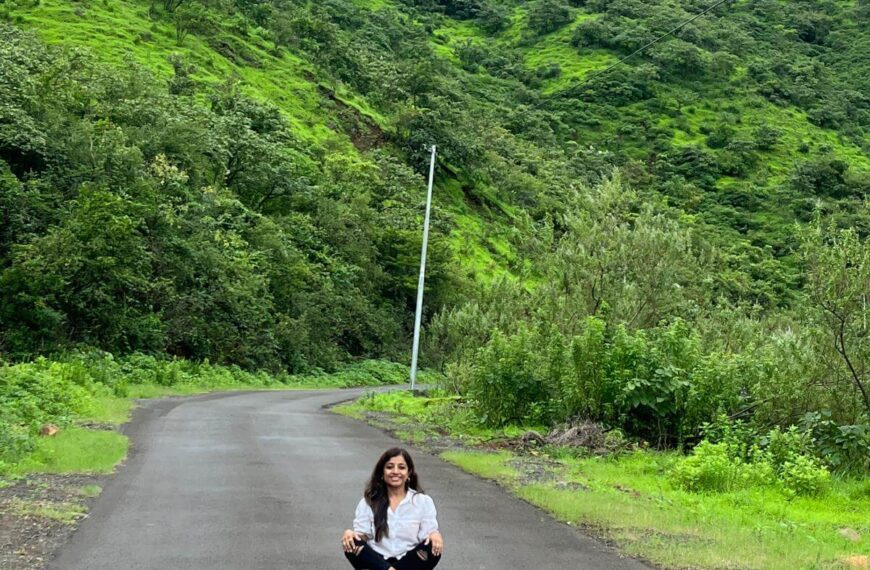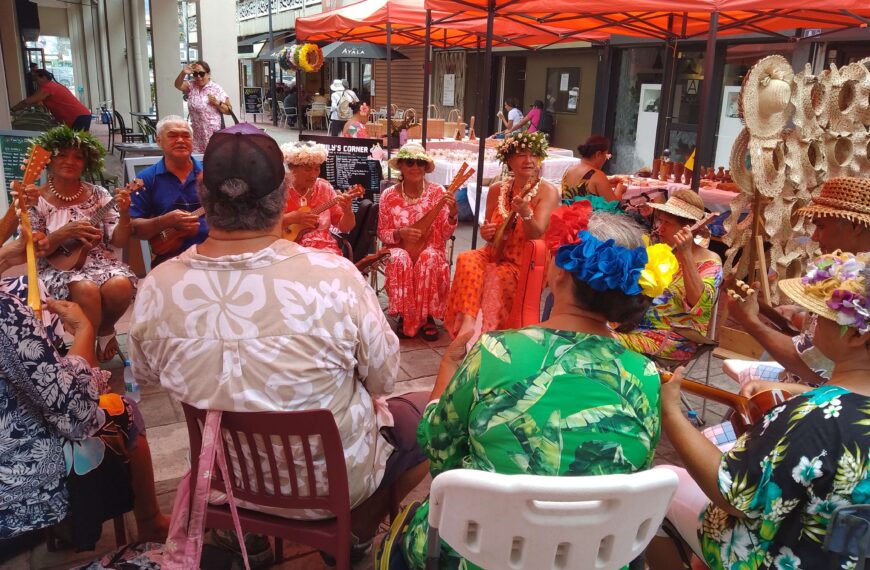Fancy-free and footloose, three friends decide on an adventurous trip. They meet an Australian bicyclist and decide to visit a wildlife resort, meeting villagers and a sadhu. Here’s the first part of the two-part serial, by Soumya, in the weekly column, exclusively in Different Truths.
The tourists spotted some movement in the grass and a flash of colour. Alerted by their excitement, the forest ranger focused his binoculars. To his alarm, he noticed some people hiding in the grass. The tourists’ initial disappointment that it wasn’t a big cat gave way to renewed excitement at witnessing the capture of some poachers at first hand. The ranger sent a wireless message to his colleagues, and soon a posse of guards started giving chase to the unauthorised humans in the tiger reserve.
The interlopers being chased were actually four college kids, having an extraordinary and highly unlawful travel adventure. The fugitives were Ron from Shillong, the crazy guy who was game for anything; Desi from Mumbai, who was the wildlife expert and an extremely law-abiding citizen until recently; Jo from Australia, who was trying to travel the world on a bicycle; and myself, the originator of all such harebrained schemes.
It all started a few days back in Delhi when we were planning to go backpacking in Goa, when Desi  wanted to join us, to have an adventure before starting his career in government. He also had some camping gear. So we borrowed sleeping bags and backpacks and promising to show him the real India and bring him back safely, we took off in the Bombay Mail. Being low on funds, we dispensed with buying tickets and huddled on the floor of the general compartment, where the vast majority of my countrymen travel gratis, being too poor to buy tickets, and not much concerned with legalities. Few ticket checkers brave those crowds to catch offenders.
wanted to join us, to have an adventure before starting his career in government. He also had some camping gear. So we borrowed sleeping bags and backpacks and promising to show him the real India and bring him back safely, we took off in the Bombay Mail. Being low on funds, we dispensed with buying tickets and huddled on the floor of the general compartment, where the vast majority of my countrymen travel gratis, being too poor to buy tickets, and not much concerned with legalities. Few ticket checkers brave those crowds to catch offenders.
On the way, Desi spoke of the Ranthambore Tiger Reserve, which he hadn’t been to, and which was not far from Sawai Madhopur, a station we were passing through. So a toss of a coin decided that we get off there, and continue our journey after a detour in this forest. From Sawai Madhopur, we hitched a lift on a tractor up to the village at Ranthambore. While waiting for a lift, we met Jo and his bicycle, with a fund of stories of cycling around the heart of India. Fascinated, we promptly co-opted him in our team and dragged him along with us.
Utter disappointment awaited us at Ranthambore. There was no budget accommodation, and to enter the forest we needed a permit, which was available at Sawai Madhopur. Dejected, we decided to explore the ancient ruins and temple in the nearby hill and look for some food and shelter in the tiny hamlet there.
Here the warm embrace of Bharat awaited us. Not knowing the dialect, and Desi the only one with  passable Hindi, we mimicked eating and sleeping to the women in all-encompassing ghunghat, who seemed the only people there. We were invited into one of the homes and fed what seemed to be large lumps of roasted dough with ghee and tall brass tumblers of buttermilk. This was my first introduction to the famed Dal Bati and Chach. The giggling ladies whose faces remained firmly behind veils found everything about us extremely amusing, our lack of appetite, when we couldn’t consume the mountains of food offered, our not knowing the language, our seeking shelter in the village, and desire to explore the forest on foot. Falling over each other in laughter, they laid some charpoys in their courtyard and directed us to take a siesta, which we gratefully accepted.
passable Hindi, we mimicked eating and sleeping to the women in all-encompassing ghunghat, who seemed the only people there. We were invited into one of the homes and fed what seemed to be large lumps of roasted dough with ghee and tall brass tumblers of buttermilk. This was my first introduction to the famed Dal Bati and Chach. The giggling ladies whose faces remained firmly behind veils found everything about us extremely amusing, our lack of appetite, when we couldn’t consume the mountains of food offered, our not knowing the language, our seeking shelter in the village, and desire to explore the forest on foot. Falling over each other in laughter, they laid some charpoys in their courtyard and directed us to take a siesta, which we gratefully accepted.
Refreshed, we explored the ruins and visited the ancient temple, where a Rana was said to have offered his own head as a sacrifice to Shiva, and been suitably rewarded. We bathed and swam in the ancient tank by the temple, then got scared off by the resident turtles, which we took to be crocodiles, plenty of which we had seen by the lake.
In the evening, the menfolk returned, and over communal chillums, they promised to take us to the forest the next day, along with them when they go to illegally graze their cattle and collect firewood and other forest produce, which the law denies them but tradition promises them. Thrilled, we politely declined further hospitality, and went to sleep in the ruins, with many warnings from our hosts to never let the fire go out at night, or else…
 So we decided to take turns to stay up and tend the fire, and ate bajre ka rotis (pearl millet flatbreads), achar (pickle) and gur (jaggery),which they had packed for us, made tea in Jo’s billycan, without which all Australians are incomplete, and slept off in the deep silent forest, among ancient ruins where people offer heads to Gods, after sharing a companionable chillum. Jo’s cycle was kept in the village.
So we decided to take turns to stay up and tend the fire, and ate bajre ka rotis (pearl millet flatbreads), achar (pickle) and gur (jaggery),which they had packed for us, made tea in Jo’s billycan, without which all Australians are incomplete, and slept off in the deep silent forest, among ancient ruins where people offer heads to Gods, after sharing a companionable chillum. Jo’s cycle was kept in the village.
We were woken up early in the morning by our hosts and strongly admonished, for we were all sleeping soundly, the fire was off, which was good, for only we could have been eaten by predators, but an untended fire can cause a forest fire and do untold damage.
Duly chastened, we meekly followed them into the core area, in the spirit of civil disobedience. After a thrilling trek, where every bush seemed to hide lurking beasts, but spotting nothing more ominous than the herds of Chital (spotted deer) and Neelgai(blue bull), and packs of langurs and numerous birds, especially peacocks, we were escorted to a cave, said to be occupied by a sadhu, the sole human resident of the forest, who was to be our host that night, the villagers shared a meal and the communal chillum with us and left us rations of chana(grams) and gur (jaggery), told us not to stray, stay out of sight, away from tourist jeep routes, animal paths, and forest guards, who in their view were more to be feared than the resident animals. We were also shown the escape route if spotted, as the guards had no jurisdiction outside the boundaries, and the nearest police station was Sawai Madhopur. Our offer of monetary compensation was turned down with hurt pride. We apologised and parted friends.
We bathed in the stream by the cave, and settled down in the coming dusk, waiting for the Sadhu in his cave, listening to the myriad forest sounds.
He came in silently, unsurprised by strangers in his abode, and taught us how to make rotis on a bare rock among small flames, and curry from some wild roots and berries and the right way to fill, light and smoke a chillum. He spoke of his life and the reasons for this solitary life, his philosophy, the forest, and living in harmony. But that will be another story.
 Thus started our second night in the forest, deep inside, but not pitch dark, as stars twinkled and moonlight filtered in through the trees, and not silent either, as the forest sounds from the stream, wind, trees and unseen creatures filled the night. The herbal stimuli were making our minds see animals at every shadow, and the unaccustomed diet was making my stomach rumble. Fear prevented me from moving out to the bushes to relieve the rumblings, and my companions prevented me from polluting the environment near the cave.
Thus started our second night in the forest, deep inside, but not pitch dark, as stars twinkled and moonlight filtered in through the trees, and not silent either, as the forest sounds from the stream, wind, trees and unseen creatures filled the night. The herbal stimuli were making our minds see animals at every shadow, and the unaccustomed diet was making my stomach rumble. Fear prevented me from moving out to the bushes to relieve the rumblings, and my companions prevented me from polluting the environment near the cave.
As to how this was resolved, and further encounters with wild animals and wilder guards, and how we survived to tell the tale, will follow.
©Soumya Mukherjee
Photos from the Internet
#CampingInTheWild #WildAdventures #SimpleFood #Adventures #Footloose #WildEncounters #Humour #WhyPigsHaveWings #DifferentTruths




 By
By

much obliged sir
glad you think so